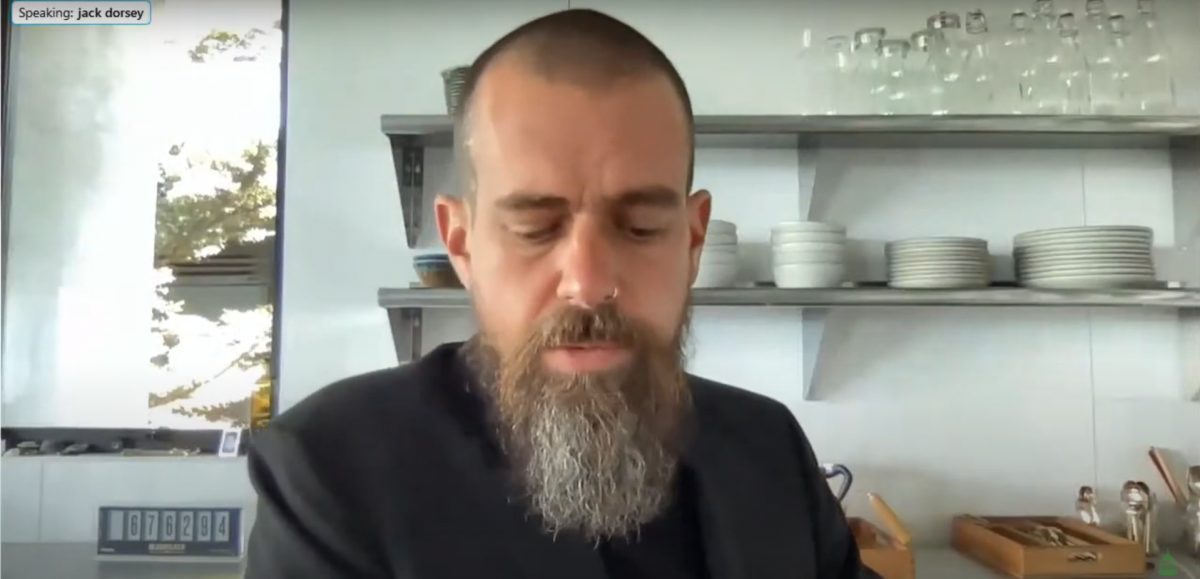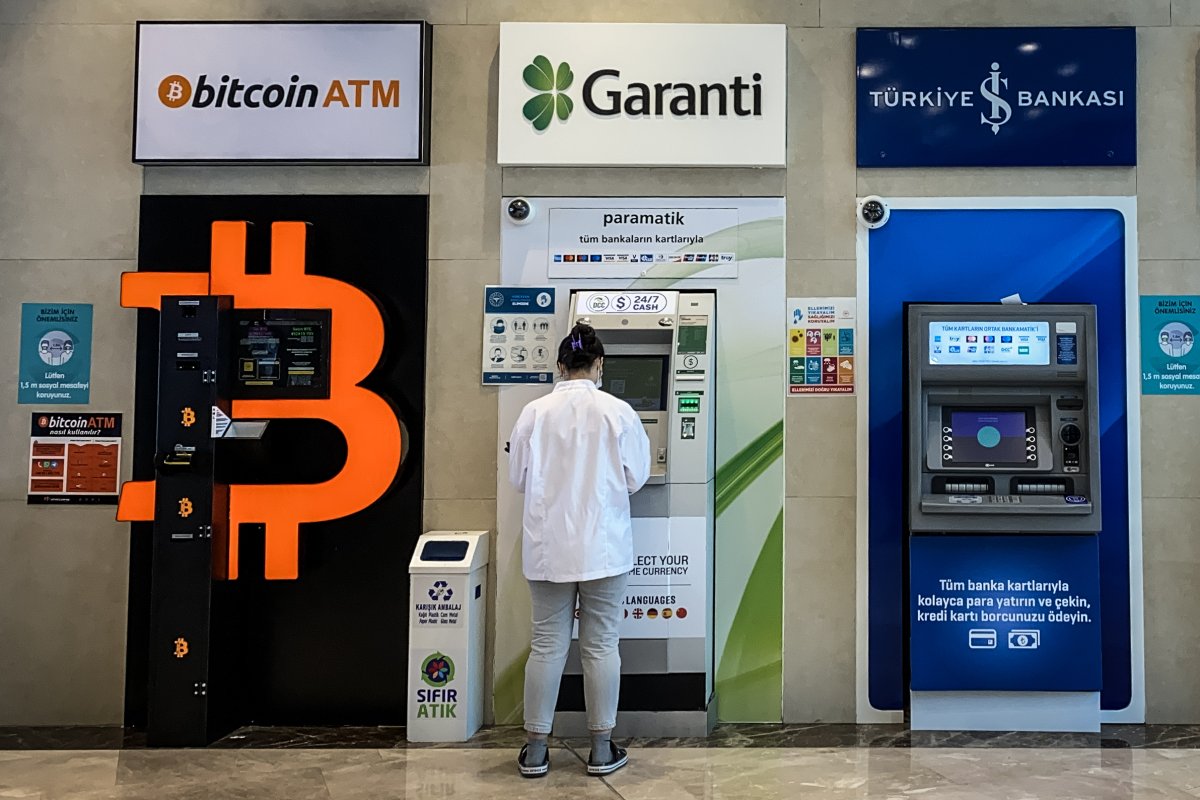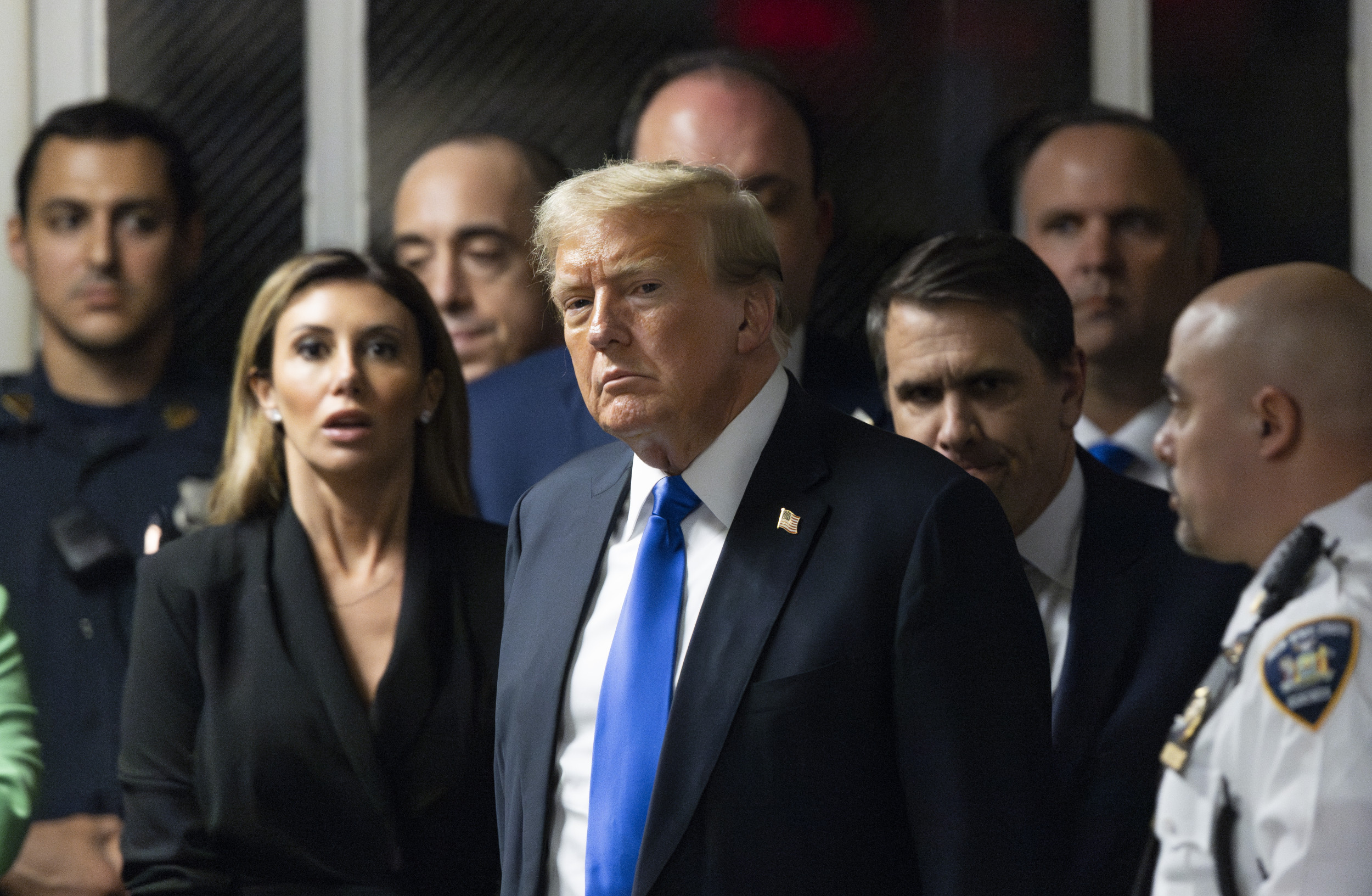About 46 million Americans now own at least a share of Bitcoin—that equals about 17% of the adult population. And some of those people are looking to integrate the cryptocurrency into their personal financial plans—including their life insurance.
In a survey conducted by the New York Digital Investment Group (NYDIG), about 75% of the respondents said they wanted to learn more about Bitcoin annuities and Bitcoin life insurance.
A majority (53%) said they didn't own digital assets, but 55% of those said they would consider adding cryptos to their portfolio.

The survey underscores the growing acceptance of cryptocurrencies, as evidenced by major investors such as Tesla's Elon Musk and Twitter's Jack Dorsey snapping up Bitcoin and Wall Street firms offering ways for top clients to participate in the market.
But it also raises a basic question: If insurance is intended to provide stability, is it smart to include a volatile asset like Bitcoin, especially when some experts say it's too uncertain to serve as a medium of exchange?
The larger question may be: Do the survey results suggest a market top?
It's impossible, or at least difficult and probably imperfect, to quantify market psychology. If large numbers of people pile into an investment without first checking it out—"due diligence" as they say on Wall Street—does that suggest a shrewd strategy, or is it yet another manifestation of FOMO, Fear of Missing Out?
Might the media's intense coverage of Bitcoin and its eye-popping gains be part of the equation?
The survey found great interest in Bitcoin. About half the respondents said they want to receive some or all of their insurance benefits in Bitcoin, NYDIG's survey found. Nearly 90% said they had some interest in insurance or annuity products that have at least some indirect link to Bitcoin.

It's unclear how, or if, this might affect the investment decision of major insurance carriers. Typically, insurance companies stick to the basics and spread the risk across several asset classes to generate returns for clients.
The survey asked how respondents they would feel if their insurance carrier invested less than 2% of its cash in Bitcoin. Forty-three percent said such an allocation would be acceptable, while 42% said it might be okay and only 15% said they didn't like the idea.
The survey included a national sample of 1,050 U.S. consumers with an annual income of at least $50,000. Data were weighted for age, race, sex, education, and geographic location using the Census Bureau's American Community Survey to track the demographic composition of the United States.
The survey had a margin of error or plus or minus 3.1 percentage points, meaning the results could be higher or lower by that amount. Survey Monkey conducted the survey on March 22.
NYDIG is a subsidiary of Stone Ridge, a $10 billion alternative asset manager.
Others have found a similar interest in cryptocurrencies – and great optimism in the asset's long-term value.
A survey of 1,000 Americans by MagnifyMoney, a division of Charlotte, North Carolina-based LendingTree, found that 62% of crypto investors believe they'll get rich.
Perhaps mass enthusiasm for Bitcoin simply a variation on the theme of celebrity endorsements. After all, many believe that if a movie star or athlete plugs a product, it must be good.
This tactic sells toothpaste, cereal and cars, so why not financial products with a Bitcoin component?
Just don't forget the wise guy who noted that 98.6% of all statistics are bogus, or Mark Twain's observation that "There are three kinds of lies: lies, damned lies, and statistics."
There is no reason to doubt that NYDIG's survey accurately reported the results of those sampled. But investors should ask: Are the results relevant to my portfolio?
In mid-day trading Tuesday, Bitcoin changed hands at $56,248.98, down 3.29% in the last 24 hours but up 93.12% for the year. The all-time high is $64,829.14. The market cap is $1.05 trillion, CoinDesk reported.
Market Pulse
The U.S. Food and Drug Administration approved the use of the two-dose COVID-19 shot for children as young as 12 after tests showed it was safe.
The decision intensified the debate about worldwide distribution of the vaccine as the pandemic continues to rage in countries like India.

The approval means millions of American adolescents could be vaccinated before the start of school in the fall and perhaps summer camp. Prior to the action, millions of people aged 16 and above have gotten the shots.
Worldwide, 159 million COVID-19 cases have been reported, including 32.7 million in the U.S., 22.9 million in India and 15.2 million in Brazil, the Coronavirus Resource Center at Johns Hopkins University reported.
A total of 3.3 million people have died, including 582,183 in the U.S., 423,229 in Brazil and 249,992 in India.
President Joe Biden said he supports a proposal to waive intellectual property rules and allow poorer nations to produce COVID-19 vaccine for domestic use. To date, most vaccines have been distributed in advanced nations that developed the new drugs.
Vaccine makers, including Moderna, Pfizer and BioNTech counter that patents haven't limited supply because nations without a strong biotech sector lack the capability to produce messenger RNA drugs, the new technology used in Moderna and Pfizer vaccines.
"There is no mRNA in manufacturing capacity in the world," Moderna Chief Executive Stephane Bancel said during a recent conference call with investors.
"This is a new technology. You cannot go hire people who know how to make the mRNA. Those people don't exist," Bancel said. "And then even if all those things were available, whoever wants to do mRNA vaccines will have to buy the machines, invent the manufacturing process, invent verification processes and analytical processes."
Shares of pharmaceutical companies that produce the vaccines, including Moderna, BioNTech and Pfizer, dropped on news of Biden's plan to waive patent protection.
The Pharmaceutical Research and Manufacturers of America, a Washington-based trade group, said it opposed waiving intellectual property protection.
India and South Africa urge the World Trade Organization to suspend patent protection for COVID-19 vaccine because they believe it's necessary to protect their populations. But critics counter that both nations, producers of generic drugs, seek access to the new technology to produce cheap knock-offs.
China's coronavirus vaccines are less effective than those now used in the West, but Beijing might be able to copy U.S. techniques and benefit from years of American innovation if the patents are waived.
Critics of Biden's proposal say waiving intellectual property rights isn't needed to expand vaccine supply and will hamper safe production, arguing that the world's vaccine supply is increasing due to licensing agreements.
Pfizer and BioNTech said they plan to produce three billion doses this year, up from last year's estimate of 1.3 billion. Moderna boosted its production estimate for 2021 to 800 million to 1 billion from 600 million. AstraZeneca plans to work with 25 manufacturers in 15 nations to produce three billion doses.
Waiving intellectual property rights, critics of Biden's proposal argue, would gut the next generation of new drugs by killing investment in the sector. The issue of intellectual property isn't limited to the U.S.
"The protection of intellectual property is a source of innovation and it must remain so in the future," German Chancellor Angela Merkel said last week.
Congresswoman Alexandria Ocasio-Cortez, a New York Democrat and a supporter of waiving patent protection for COVID-19 vaccines, tweeted, "Let's do insulin next."
Uncommon Knowledge
Newsweek is committed to challenging conventional wisdom and finding connections in the search for common ground.
Newsweek is committed to challenging conventional wisdom and finding connections in the search for common ground.





